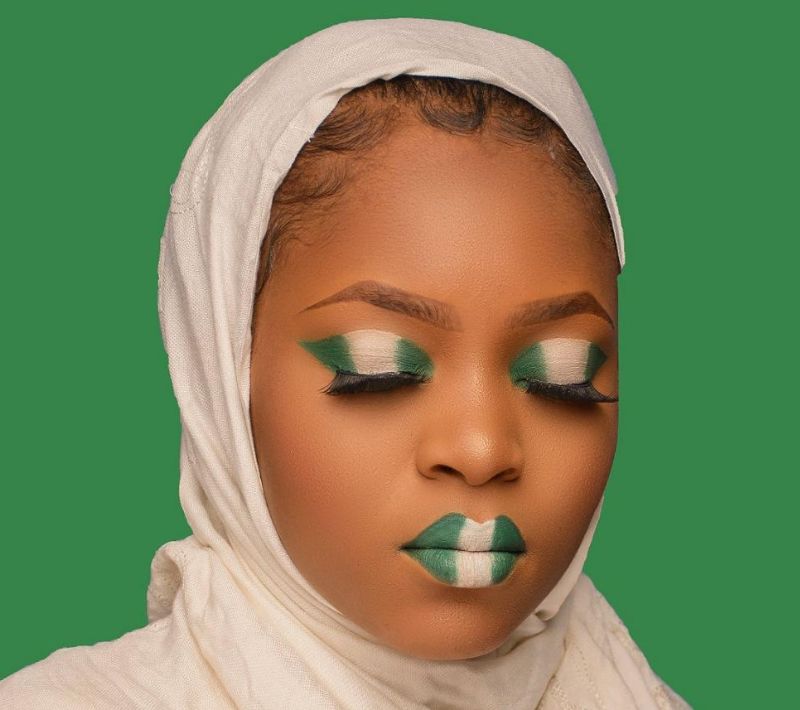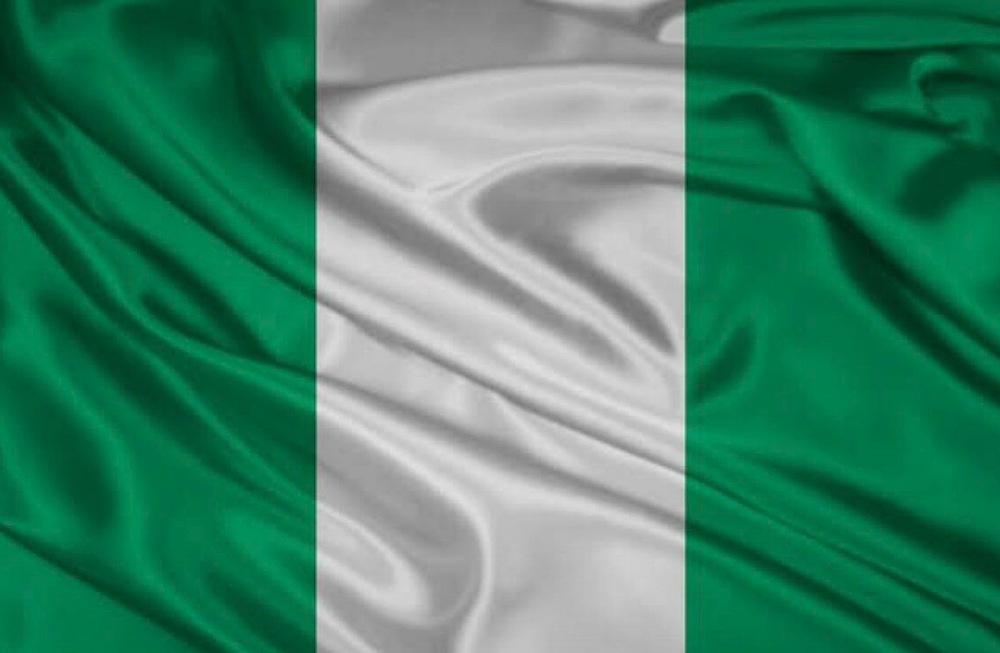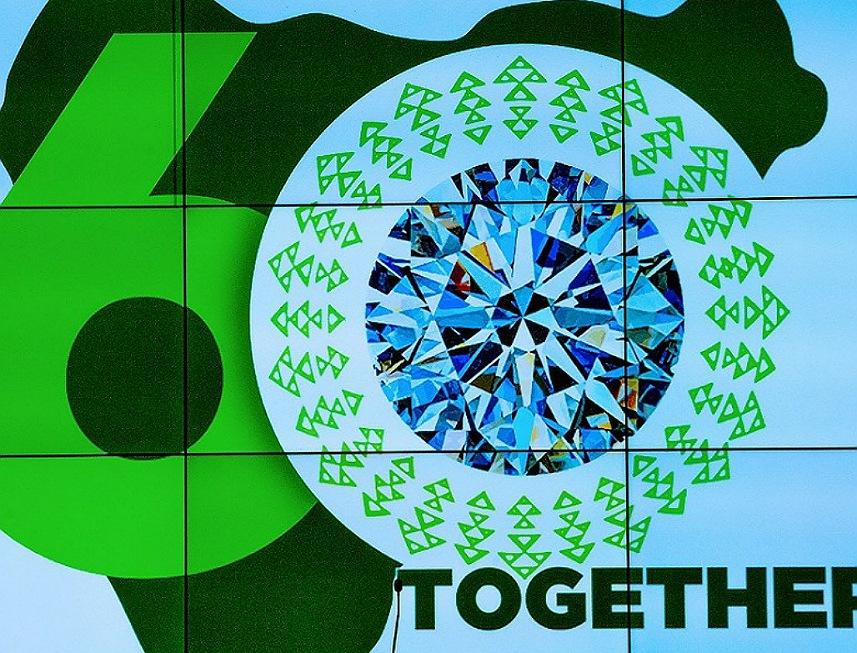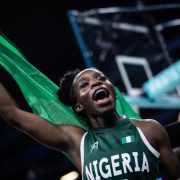Nigeria Independence Day: Is Nigeria Truly Independent?

October 1st is another day of celebration for Nigerian citizens. It marks the day Nigeria gained independence from British rule, sixty three years ago. The story of Nigeria is a rich tale of good times and bad times. Nigeria before independence was blessed with Nationalists who challenged the status quo to achieve their dream of a country where every man could have equal opportunity.
It has been sixty three years and as we raise our flag today, remembering the days of colonial rule and our noble nationalists who fought as soldiers in a just war, let us examine the state of our country. As citizens, what have we done in these years to ensure that the dreams of the nationalists are fulfilled? Independence could be a camouflage for a deeper level of captivity, is that what Nigeria is experiencing at the moment?
Nevertheless, let us take a trip down memory lane.
Pre-Independent Nigeria
Nigeria, as we know it, today was formerly known as The Federation of Nigeria from 1954 to 1963, under the British colonial administration of Queen Elizabeth II (1954-1963) and Sir James Wilson Robert—the Governor-General from 1955 to 1960. Nnamdi Azikiwe ruled as Governor-General of the federation from 1960-1963, but later became known as the ceremonial head and President of the Senate after Nigeria became a republic in 1963, with Tafawa Balewa serving as the Prime Minister during his tenure as the Governor-General of The Federation of Nigeria.
It is impossible to talk about the backstory of Nigeria without mentioning the Transatlantic Slave Trade that started in the 15th century. Used by the British and Portuguese, Badagry was the first slave trading post. These nations then proceeded to capture people who lived in the environment in order to transport them to various countries as slaves.
Later, they had indigenous individuals living in the area to provide a steady supply of virile and healthy youths. The British (and the Portuguese) succeeded in having brothers to sell their blood to strangers. As expected, this activity caused uproars among the different ethnic groups in the area and it consequently led to the disruption of the formerly used trade method, the Trans-Saharan trade route.
The economy of Nigeria was relatively flourishing as many Nigerians practised farming (both subsistence and commercial), local crafts, and many other vocational skills. Our religion was predominantly traditional, until the arrival of the European missionaries from Portuguese that brought Christianity.
Nigeria was a self-reliant nation that was rich in cultural values and tradition as with natural resources and trade, until the British invasion into Lagos in 1851 and its formal annexe in 1865.

Nigeria: Independent Nigeria
Nigeria gained Independence on the 1st of October, 1960 from the British government, and became a republic on the 1st of October, 1963. After many bloodsheds to attain the seat of power by various military officers, and ethnic diversities that birthed as a result of the amalgamation of Northern and Southern protectorates in 1914—leading to an all-out Civil War in July 1967— Nigeria’s economy suffered, and began to decline.
The Biafran war became a civil one, thus bringing on poverty as well as starvation; but a ray of hope emerged during the period of an oil boom. The boom aided the nation’s economy and allowed the federal government to begin developmental programs all over the country, in an attempt to fix its economy.
Independent Nigeria had made many mistakes, but she was only but a child. She still had many things to learn about life, growth, development, and administration; but what of Post-independent Nigeria? Should post-independent Nigeria still have the same testimony after 20, 40, or even 60 years?

Post-Independent Nigeria
Now, you might be thinking “Okay, I know what Pre-independent Nigeria means, I understand what Independent Nigeria could mean, but post-independent Nigeria? Which one is this one again?”
Yes, there is something called Post-independent Nigeria. It is the Nigeria we are in today. It is what I personally like to call ‘Old Mama Nigeria’. It is the Nigeria that has seen many seasons, survived various epidemics, produced many children and even grandchildren. This is Post-independent Nigeria.
Post-independent Nigeria has been trying really hard to meet the world’s economic standards, but has been failing—and woefully—at it. The level of industrialization in Nigeria since October 1960 has been quite low. Even though every single administration in power has been trying to improve the nation’s GDP, not even a periodic oil boom has led to much improvement.
The fact that privatization and capitalism have been discouraging investments were not put into other sectors of the economy like Agriculture, Information Technology, and even education, caused the economy of the nation to deteriorate as the other sectors relied on only the profit gotten from the oil sector. Coupled with the fact that Nigeria has been doing more importation than production and exportation of raw materials and goods, we continue to make the same mistake that we made as toddlers.
Apostle Paul, according to GOD’S WORD® Translation, in the Holy Bible said in 1Corinthians 13:11:
“When I was a child, I spoke like a child, thought like a child, and reasoned like a child. When I became an adult, I no longer used childish ways.”
Religion has always played a major role in the formation and development of Nigeria as a whole, but it is apparent that even though she is no longer a child, Nigeria still uses “childish ways”.
Is Nigeria Truly Independent?
Now, this is the central theme of this entire article. Is Nigeria truly independent? True, we have fought our fight. Yes, blood was shed to get to this point, to get our freedom. We have our freedom, but are we truly free? We got our independence from being controlled under the British indirect rule system but are we truly standing on our own? Making our own decisions? Using our own system? Or are we still depending on our old masters to tell us what, where, and how to lead ourselves?
Amilcar Cabral said in one of his most popular speeches that:
‘the problem of the nature of the state created after independence is perhaps the secret of the failure of African independence.’
“While the statement informs us of the state’s centrality, it is hardly a correct interpretation of the post-colonial state in Africa. In all of independent sub-Saharan Africa, no such new state has been created; rather the colonial state has been reinstated, and in most cases strengthened… the colonial state was exploitative, not developmental.” Sakah Saidu Mahmud objects in his book Economy, Society, and the State in Pre-Independence Nigeria and in Pre-Meiji Japan.
He went further to say that:
“At independence, only the personnel changed but not the structures, form or nature of the colonial state. Thus, Cabral’s statement needs re-writing; the secret of the failure of African independence is the fact that no alternative non-colonial style state has been created. The reason, I will suggest, is that an exploitative state benefits members of the new ruling classes.”
Sakah makes a very interesting point in this chapter of his book (pp30-56). He claims that the failure of African independence (even after five decades) is as a result of our dependence on the colonial style of implementing/creating/administering our state.
In other words, we have been ‘independent’ from the colonial style of administration for about sixty three years now, but to date, we still depend on their method of governance to rule ourselves. How ironic!
Nigeria will continue to celebrate year after year of ‘independence’, but until she stands up to stand her ground against relying on her old masters, to stop spoon-feeding her (even as a sixty-three-year-old grandma), she will continue ageing as an immature child in the body of a thousand-year-old woman. Sounds terrifying right?
It starts with you and with me. Our true freedom starts with setting our minds free. We need to get independent inside out, then and only then will we be able to free our motherland from the chains that we now (not the colonial masters) chain ourselves with- the chain of dependency even after independence.
What is your opinion about Nigeria’s independence? Do you feel we are truly independent? Do well to share your views in the comments section. Happy Independence Day!
All images are sourced from twitter

